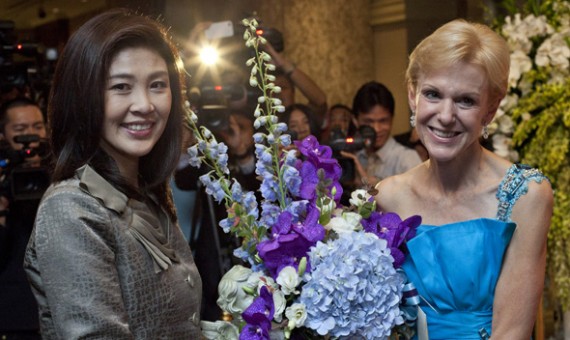The U.S. Response to Thailand’s Election
More on:

As the major foreign actor in Thailand, U.S. policy toward the Kingdom remains critical, and closely watched by Thai opinion leaders. Following the 2006 coup in Thailand, for example, American policy signals that, in many ways, seemed to indicate that Washington tolerated the coup provided support for the Thai military, even though, in the long run, the coup produced only more chaos.
Now, in the wake of Thailand’s July 3 election, the United States may have a role to play again, if Thailand’s establishment is able to nullify the poll through judicial rulings or other maneuverings.
In a new piece in the New Republic, I examine U.S. policy toward Thailand’s election. You can see the piece here.
More on:
 Online Store
Online Store